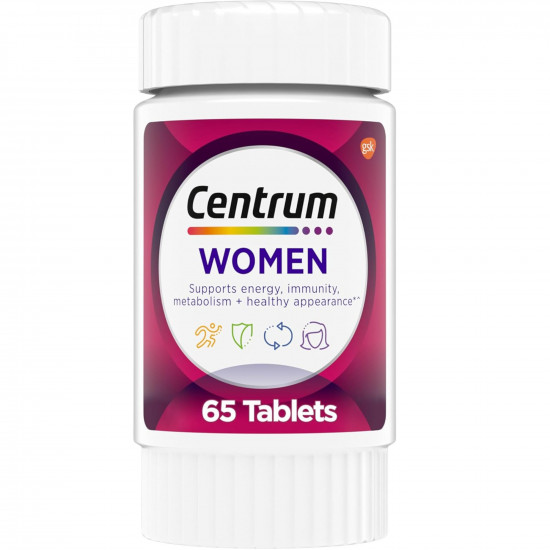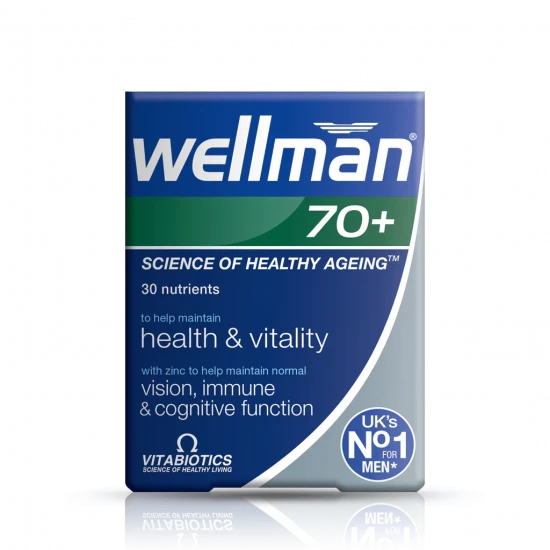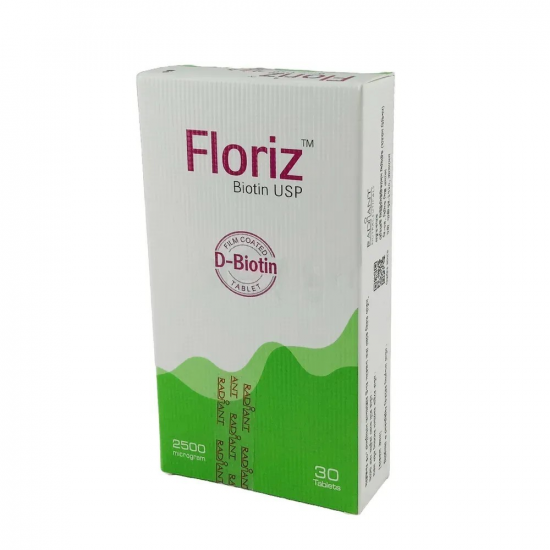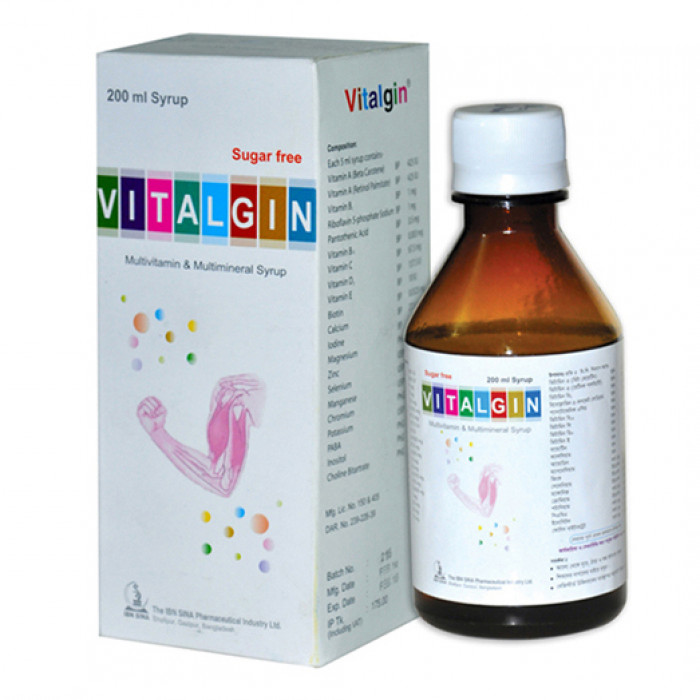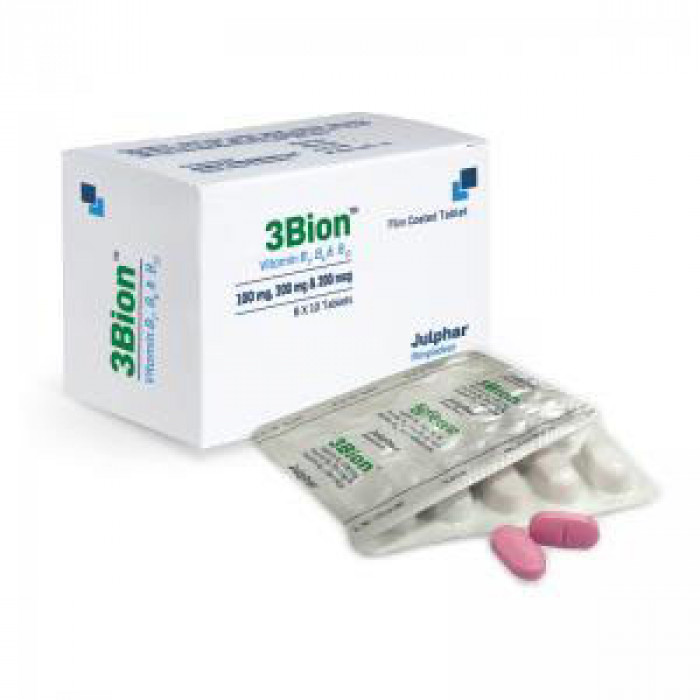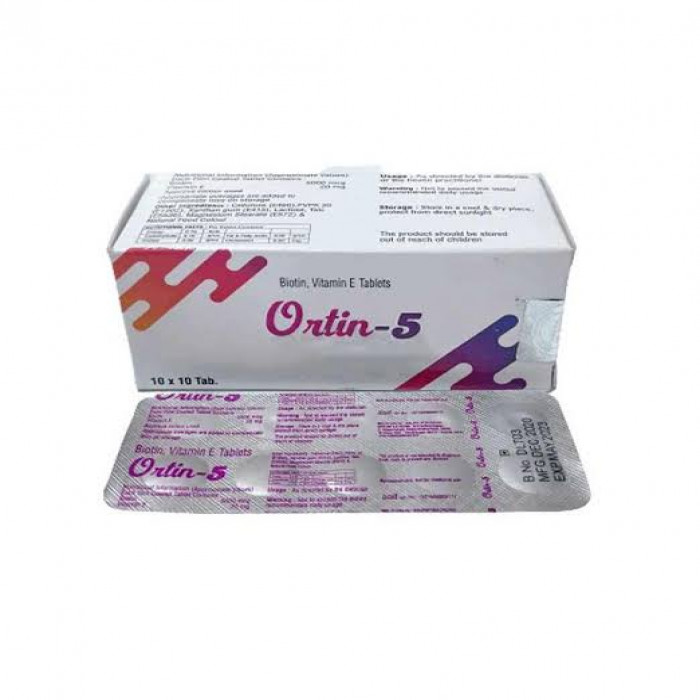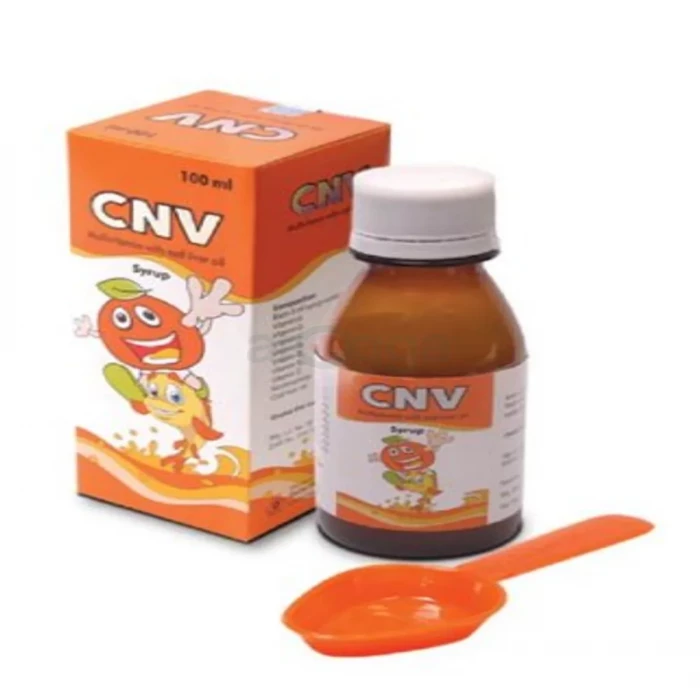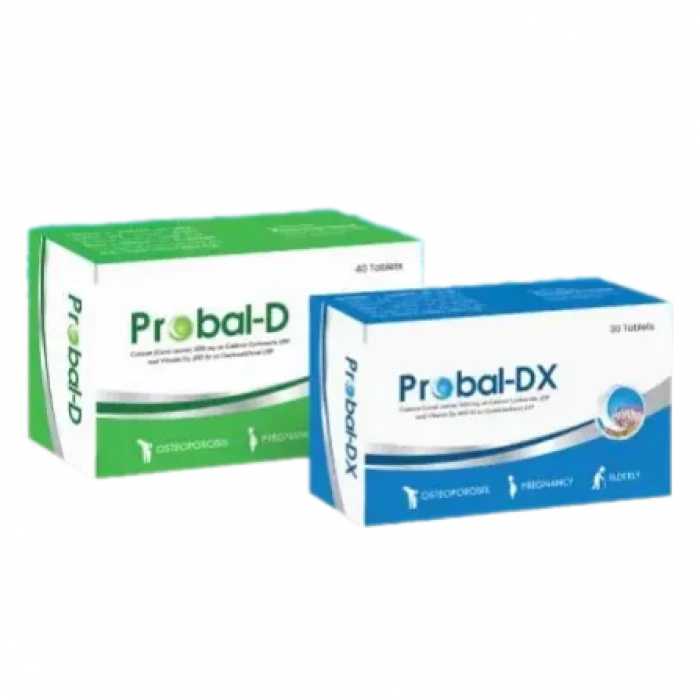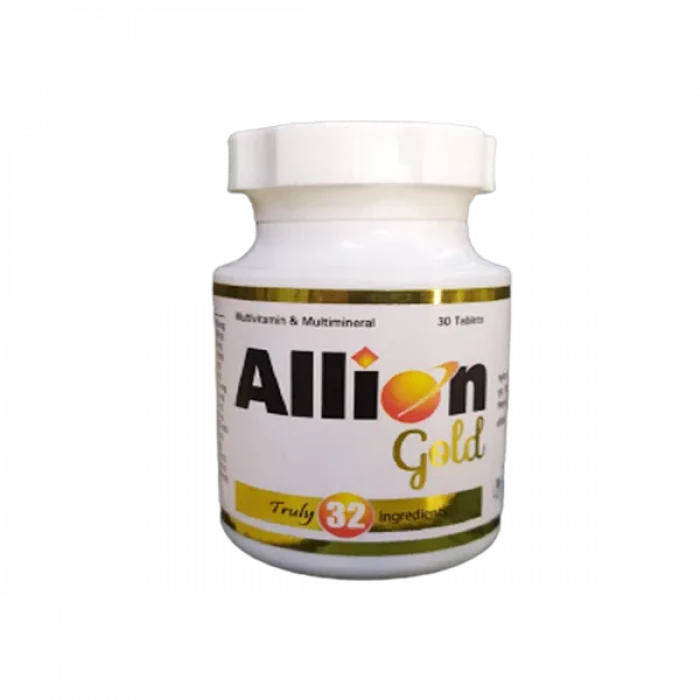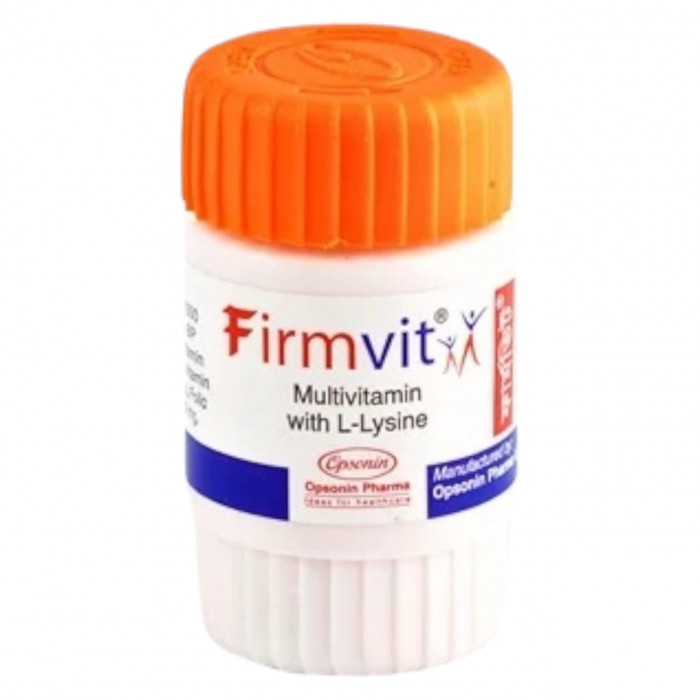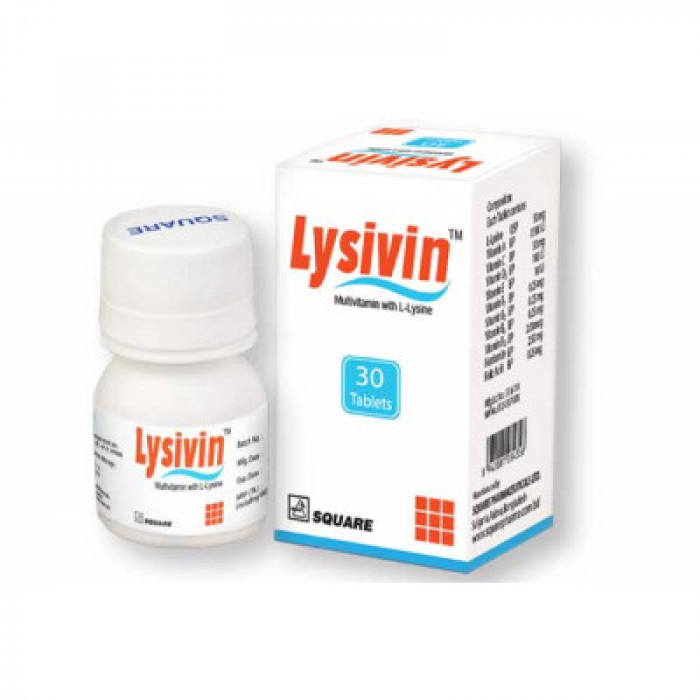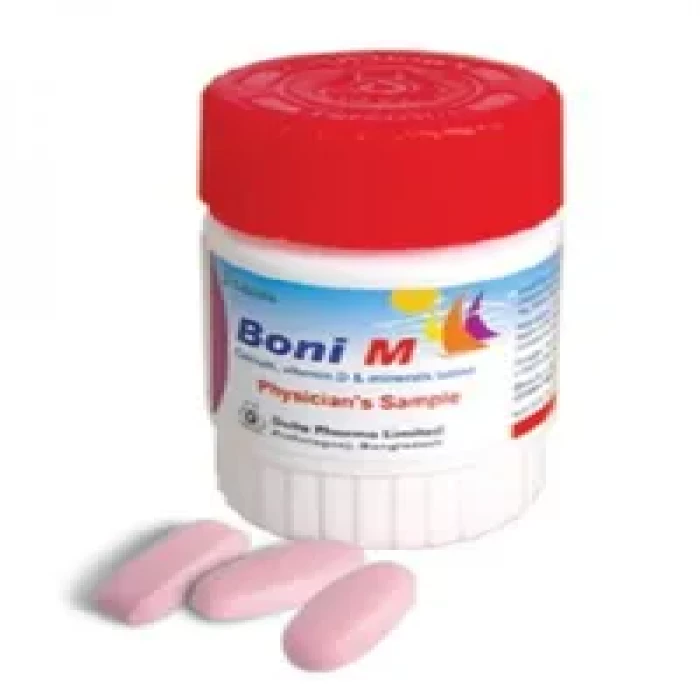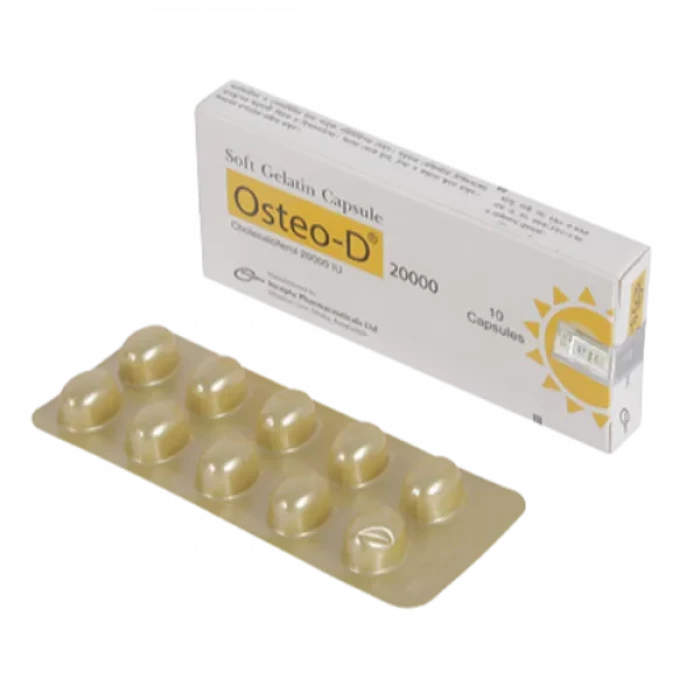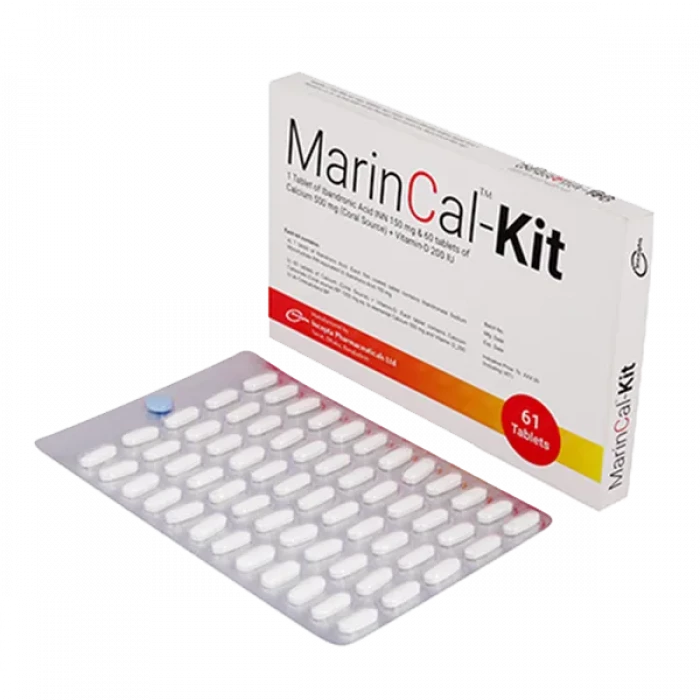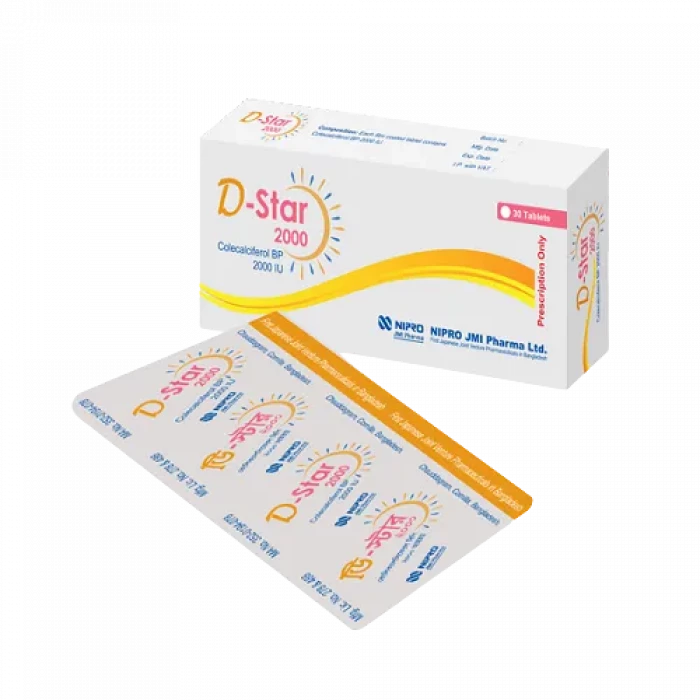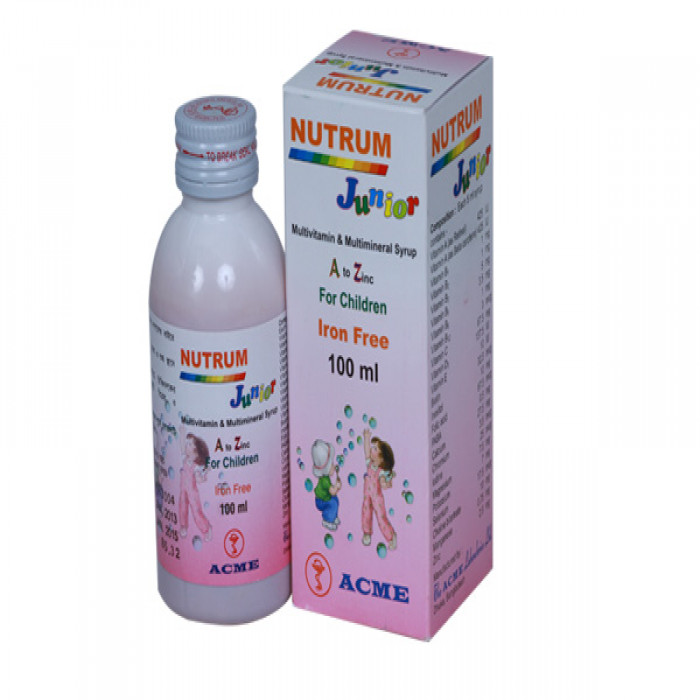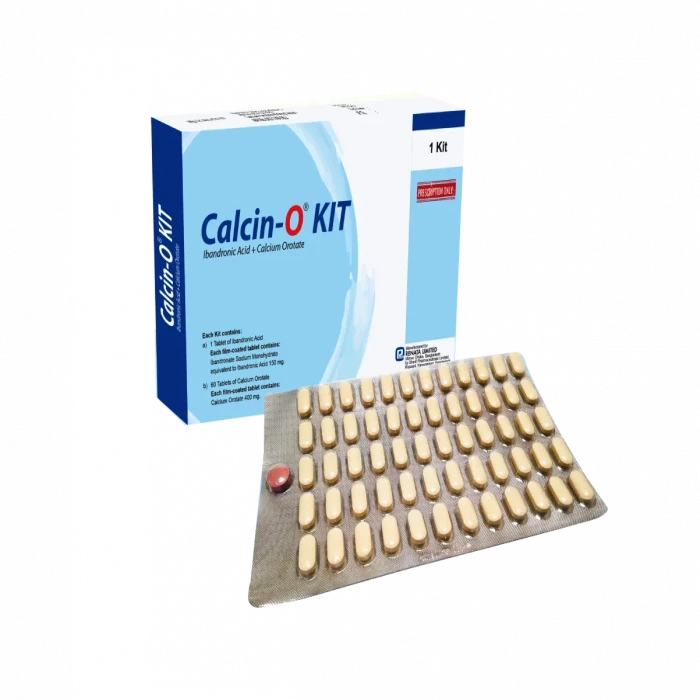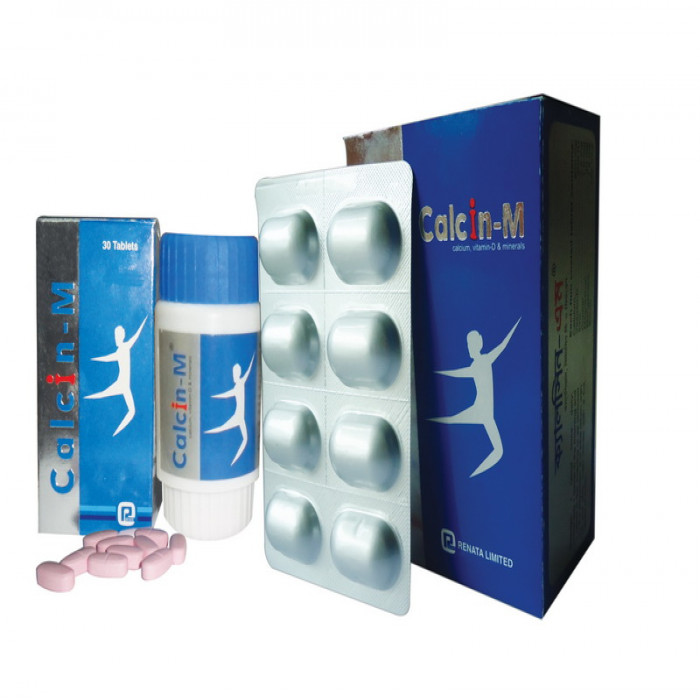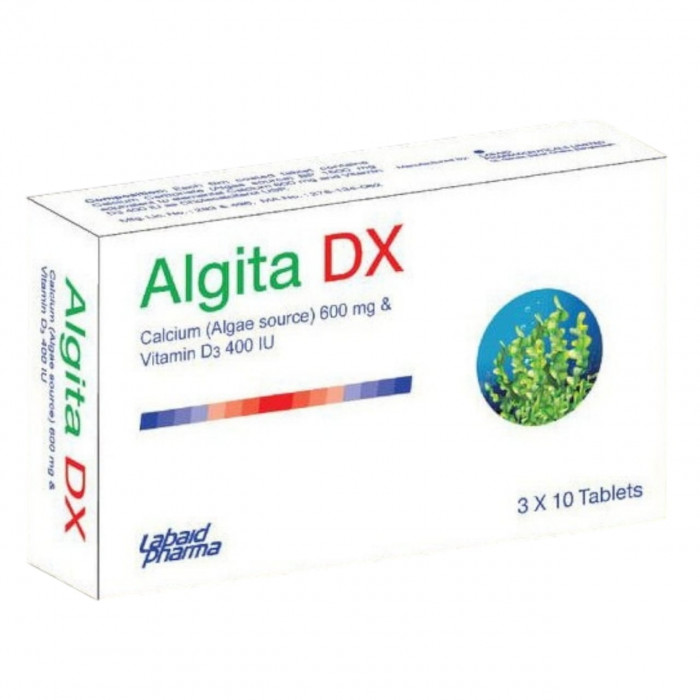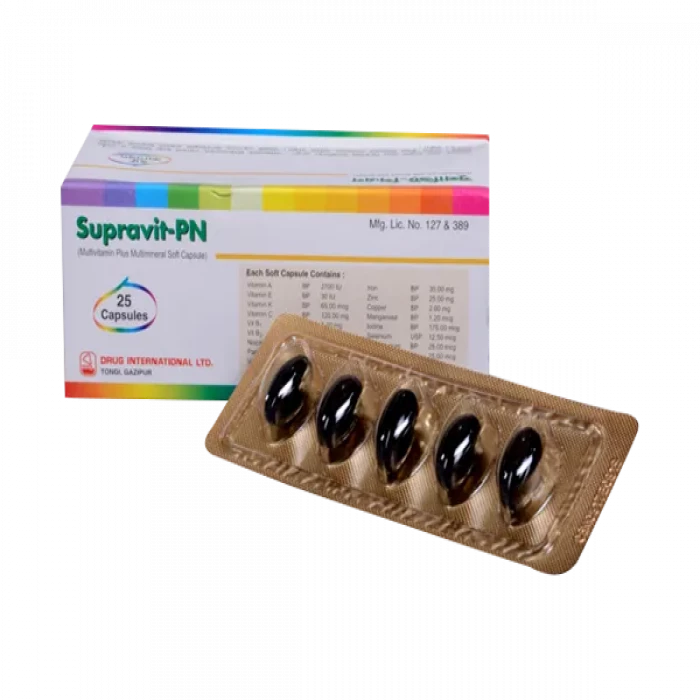
✔ 100% Authentic Product
👁️ Currently Viewing 2112
Type: Tab. Generic Name:Riboflavin 5mg/tablet. Manufacturer/Distributor:
Discount
Price: ৳ 3
MRP:
৳
3
5%
Off
✅ Description:
Indications
Vitamin B2 deficiency symptoms include cheilosis, angular stomatitis, glossitis, keratitis, and seborrhoeic dermatitis.
Pharmacology
Riboflavin, often known as vitamin B2, is a water-soluble element that plays an important role in human health. It supports energy production by assisting in the metabolization of lipids, carbs, and proteins, just like the other B vitamins.Vitamin B2 is also essential for the construction and respiration of red blood cells, the generation of antibodies, and the regulation of human growth and reproduction. It is necessary for healthy skin, nails, hair growth, and overall health, as well as thyroid activity regulation. Riboflavin also aids in the prevention or treatment of a variety of eye conditions, including cataracts in some situations.
Binds to riboflavin kinase, riboflavin hydrogenase, and riboflavin synthase. Flavin mononucleotide (FMN, riboflavin monophosphate) and flavin adenine dinucleotide (FAD) are both made up of riboflavin (FAD). Riboflavin's antioxidant activity stems primarily from its role as a precursor of FAD and as a cofactor in the formation of the antioxidant reduced glutathione.Reduced glutathione is a cofactor for glutathione peroxidases that contain selenium, among other things. Antioxidant enzymes glutathione peroxidases are important. The FAD-containing enzyme glutathione reductase produces reduced glutathione.
Dosage & Administration
For treating low levels of riboflavin (riboflavin deficiency) in adults: 5-30 mg of riboflavin daily in divided doses.
For preventing migraine headaches: 400 mg of riboflavin (Vitamin B2) per day. It may take up to three months to get best results.
For preventing cataracts: approximately 2.6 mg of riboflavin (Vitamin B2)
Interaction
Anticholinergic medicines, antidepressants (tricyclic antidepressants), phenobarbital, and probenecid are examples of drying pharmaceuticals.
Contraindications
Hypersensitivity to Riboflavin.
Side Effects
Riboflavin is probably safe for the majority of people. Riboflavin can cause urine to turn a yellow-orange tint in certain persons. Riboflavin can induce diarrhea, a rise in urination, and other negative effects when taken in excessive levels.
Pregnancy & Lactation
When taken in the prescribed levels, riboflavin is likely safe for pregnant or nursing women.
Precautions & Warnings
Riboflavin is a nontoxic vitamin. There are no safeguards or warnings in place.
Therapeutic Class
Vitamin-B preparations
Storage Conditions
Store in a cool, dry location. Protect yourself from the sun.
⚠️Disclaimer:
At ePharma, we’re committed to providing accurate and accessible health information. However, all content is intended for informational purposes only and should not replace medical advice from a qualified physician. Please consult your healthcare provider for personalized guidance. We aim to support, not substitute, the doctor-patient relationship.




